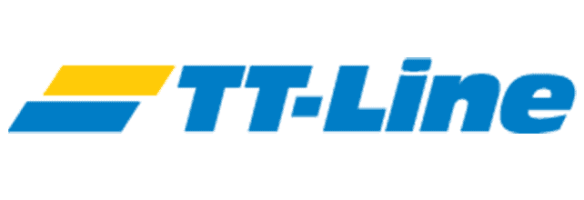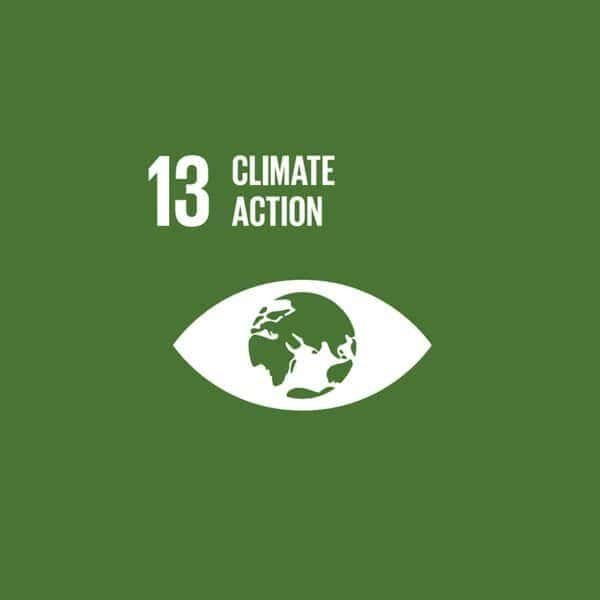
“We have taken a pioneering role in the utilization of future-orientated technologies across all areas of operation.”

Take urgent action to combat climate change and its impacts.
The green ships
Investing in a sustainable future
TT-Line operates a fleet of nine modern RoPax ferries that provides essential direct transport across the Baltic Sea, between Germany, Sweden, Poland, and Lithuania.
Since the company’s first crossing in 1962, it has set new standards in the shipping industry with innovations around efficiency and environmental responsibility.
“We have taken a pioneering role in the utilization of future-orientated technologies across all areas of operation,” says Jörg Erdtmann, Technical Director, TT-Line.
Across 6,000 departures annually, TT-Line ferries transport over one million passengers and 500,000 units of freight. By connecting important transport hubs, it enables businesses to shift the transportation of goods from road to rail and sea. In turn, this empowers other companies to operate in a sustainable way.
Technological advancement
In 2022, following the launch of its Green Ships, Nils Holgersson and Peter Pan, TT-Line became the first shipping company in the southern Baltic Sea to power vessels with liquified natural gas (LNG). The use of LNG enhances air quality as it prevents up to 93% of polluting particles being emitted into the atmosphere. In addition to LNG, the Green Ships can operate on climate-impact-negative Bio-LNG, reducing emissions even further and enabling customers to travel CO2-free.
Fitted with e-charging stations, TT-Line’s ships encourage the use of electric vehicles and enable passengers to make sustainable choices. Pushing the boundaries of innovation even further is TT-Line’s use of AI to calculate the most energy-efficient routes based on real-time sea and weather conditions. And the ferry Robin Hood, for instance, generates up to 400kW of electricity through a heat-waste recovery system that would otherwise be lost through heat dissipation.

Where in the world?
TT-Line is headquartered in Lübeck, northern Germany, and connects the southern Swedish port of Trelleborg with other Baltic ports – Travemünde and Rostock in Germany, Świnoujście in Poland, and Klaipėda in Lithuania. Since 2023, the fleet has also served the Swedish port of Karlshamn, in order to shorten necessary transportation routes in southern Sweden and additionally provide an efficient connection to Lithuania.

The green corridor
Through the Green Corridor initiative, TT-Line is collaborating with shipping industry stakeholders, including ports such as Trelleborg in Sweden and Lübeck in Germany, to advance the sustainability of the maritime industry and transport. Advancements include the application of ship-side shore power.
In the Swedish port of Trelleborg, for example, wind turbines provide 100% renewable energy. Vessels are connected to this green power as they berth.
With the goal of zero emissions, the Green Corridor initiative also works as a testbed for decarbonizing entire shipping routes at scale.
What does a sustainable future look like?
From innovative ship design to enabling environmentally friendly travel for passengers and freight, TT-Line is steering towards a greener maritime industry.
“We hope that future innovations will eventually create the technological framework to make ferry shipping of this scale entirely electric,” says Captain Bernd Ramisch, Master of Nils Holgersson.
With an objective to reduce CO2 emissions by 40% by 2035, TT-Line is in alignment with SDG 13, which aims to take urgent action to combat climate change and its impacts.
Did you know?
In a shipping industry first, TT-Line extended its Tinker Bell ship by 30 meters, increasing both passenger and freight capacity while maintaining the same fuel consumption.